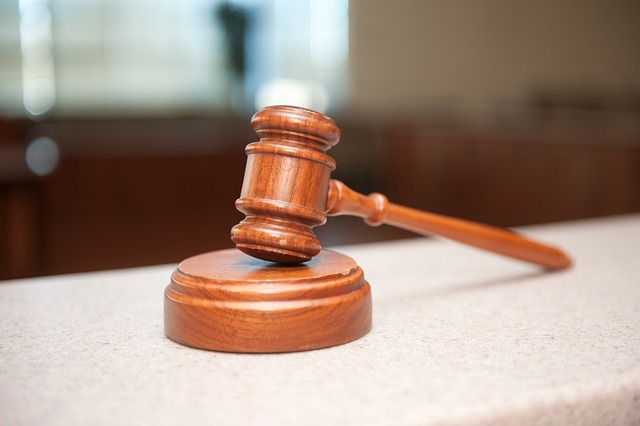
-
The Supreme Court disbarred a lawyer found guilty of using his position as a Bureau of Customs director in an elaborate scheme of pretending to sell a vehicle confiscated by the bureau
-
Former BOC director Atty. Jorge P. Monroy was found guilty of violating provisions of the Code of Professional Responsibility and Accountability after he falsely claimed having authority to sell vehicles seized by the agency
-
Complainant Julieta L. Co filed administrative and criminal cases again Monroy who, in July 2000, sold at P1.4 million a Toyota Land Cruiser confiscated by BOC but which she never received
The Supreme Court (SC) disbarred a lawyer found guilty of using his position as a Bureau of Customs (BOC) director in 2000 in an elaborate scheme of attempting to sell a vehicle confiscated by the bureau.
Former BOC director Atty. Jorge P. Monroy was found guilty of violating the Code of Professional Responsibility and Accountability (CPRA) after he falsely represented that his then position as director III of BOC-Financial Services had the authority to sell vehicles seized by the agency.
The high court also ordered Monroy’s name stricken off SC’s Roll of Attorneys and was fined P20,000 for his disobedience to the orders of the Integrated Bar of the Philippines (IBP), the high court said in a statement.
In July 2000, Monroy offered to sell to complainant Julieta L. Co a Toyota Land Cruiser that was among the vehicles confiscated by the BOC. Monroy assured Co the transaction was legal and that official receipts will be issued.
Co, having known Monroy since high school as a trusted family friend, was convinced to proceed with the purchase of the vehicle.
On July 18, 2000, Co gave Monroy a check for P150,000, payable to cash and three days later, Monroy informed complainant that the vehicle was ready for delivery.
Co prepared a manager’s check for the balance of P1.250 million, but Monroy insisted on cash payment, which he personally received in his office.
After waiting the whole day, Co was told that one signatory from the Department of Finance (DOF)—BOC’s mother agency—had yet to sign the documents for the vehicle’s release.
Co returned to Monroy’s office on July 24, 2000, but was told by Monroy that the signature of a DOF officer was still lacking. Co then went with Monroy’s personal staff member to the DOF, where complainant was informed that the documents were still in the office of an undersecretary.
Upon returning to Monroy’s office, the BOC director admitted to Co that the vehicle could no longer be released as someone ran off with the money. He then issued a receipt to guarantee the return of Co’s money. However, despite Co’s repeated demands for Monroy to return her money, the latter kept on avoiding her.
This prompted Co to file the instant administrative case for disbarment and two criminal cases against Monroy: one for violation of the Anti-Graft and Corrupt Practices Act, and another for estafa under the Revised Penal Code.
The Sandiganbayan found Monroy guilty of both criminal charges. Monroy, however remained at-large despite the warrant for his arrest issued by the Sandiganbayan.
In disbarring Monroy, the SC emphasized that membership in the Bar is a privilege burdened with continuing requirements. As such, the SC may suspend or even withdraw one’s practice of law once it is shown that the lawyer was not able to sustain the high degree of good moral character expected by the community from the members of the legal profession.
The SC found Monroy’s disbarment justified for his violation of the new CPRA’s parallel provisions in the then Code of Professional Responsibility.
The high court ruled that the totality of evidence presented clearly proved that Monroy failed to live up to the high moral standards required of members of the legal profession.




